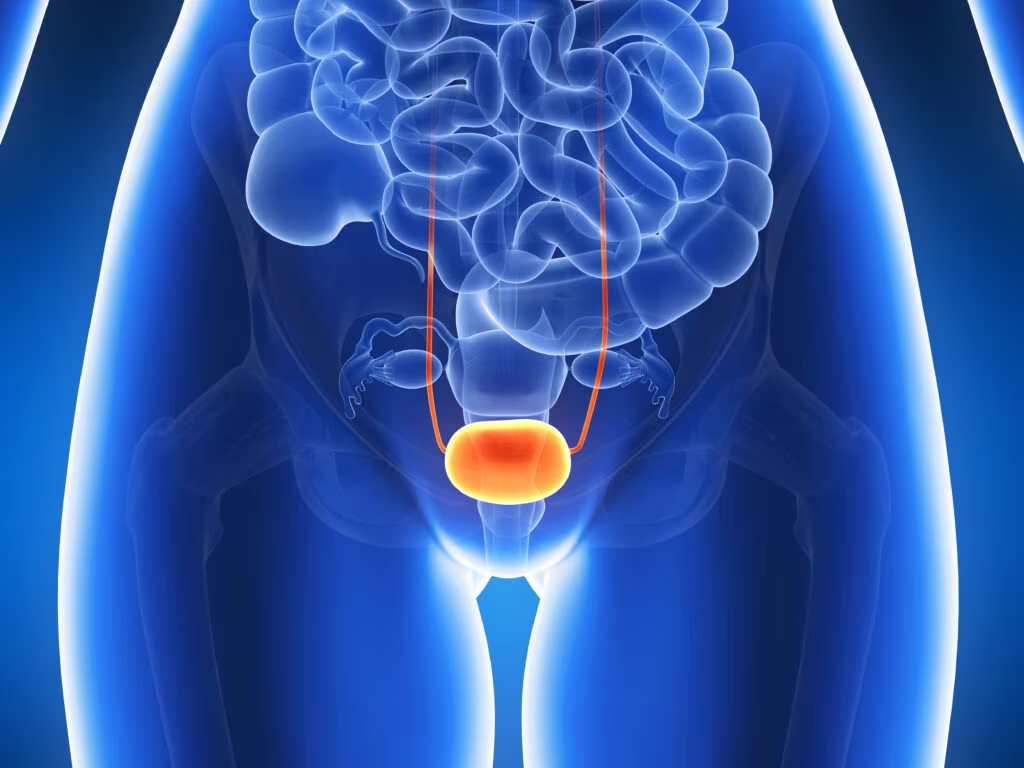It is vital for all of us involved in endocrinology and diabetes to keep abreast of advances in the various fields which will help those for whom we are responsible, our patients. As an endocrinologist with a particular interest in endocrine oncology, I am aware that attending specialist meetings and workshops is to be at the forefront of work on these fields, but almost all of us will see patients with a whole a variety of different conditions encompassed within the broad church of our disciplines. For that reason it is particularly welcome to that in this edition of European Endocrinology we have extremely useful review articles on such common international problems as obesity and diabetes. This is especially important as those of us working in the developed world may seem to be isolated from those patients, the majority in the developing world, with obesity, type 2 diabetes, and the so-called overlap now often informally referred to as diabesity. In this issue Perez-Pevida and Miras look at the latest progress on obesity management worldwide, while Mbanya and colleagues overview the access to the new recombinant and analogue insulins in terms of their worldwide availability. There is little point in developing wonderful new therapies if they are unavailable for one reason or another, including finance, to those who most need it.
In more specialised areas, Neil Gittoes surveys what is happening at present in bone disorders, especially osteoporosis, while Shrijal Baxi reveals how the progressive concept of a web-based protocol is showing many deficiencies in practice.
Finally, a case report demonstrates yet another cause of Takotsubo cardiomyopathy, thyroxine over-replacement. We hope you find this issue both enjoyable and useful.












